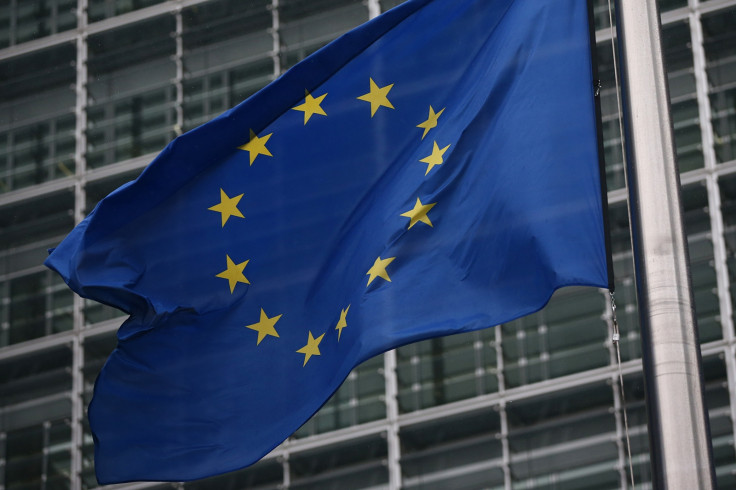Can the EU's open border policy survive? Right-wingers use Barcelona attack to target Schengen
The freedom of movement has come under strain in recent years.
The Schengen area is the largest visa-free travel zone in the world. With 400 million people able to travel unfettered around most of the continent, for some it is one of the most attractive qualities of the European Union.
But in recent months and years, the influx of millions of migrants and a rise in terrorism has raised questions over its future. When Younes Abouyaaqoub, the man who ploughed a van into a crowd in Barcelona, went on the run, there were fears among security officials that he may have travelled to neighbouring France.
This wasn't the case, but his escape would have been made easier thanks to the Schengen agreement.
In recent months, the principles behind Schengen have come under pressure as nations such as Hungary and Austria have started putting up borders.
But what is at stake for the future of the open borders agreement in place since 1995?
Right-wing parties across Europe have called for tighter border controls, even though some of those involved in recent attacks have either lived or been jailed in Europe for several years.
The French far-right Front National said in a tweet: "Islamists are walking around freely in the Schengen area. We must restore our national borders".
Nigel Farage, the former leader of Ukip in the UK, which is not a part of the Schengen agreement, said: "With open borders in the EU the terrorist could by now be almost anywhere. Remember the Berlin killer was found in Italy."
And Germany's AfD, another far-right party, simply said: "We have to close our borders."
Despite criticism from the far-right, the end of Schengen is not in sight. The freedom of movement throughout Europe is one of the main principles of the EU and is something that European officials in Brussels will never willingly remove.
But the calls to strengthen borders are not subsiding either. The Dutch defence minister, Jeanine Hennis-Plasschaert put forward plans for a "military Schengen". She said: "We must be able to move quickly to any place where there is a threat."
The aim is to extend security measures at the external borders of the region as well as improving pan-continental military co-operation, plans were welcomed by Nato, the US-led Western defence alliance which counts many EU states as members.
A Nato official said: "Overall, we are in a healthy position in terms of rapid deployment in peacetime.
"Efforts in the European Union to improve the cross-border movement of forces and equipment in Europe could also benefit Nato, provided that they are inclusive and complementary to Nato's work."
Another idea is to create a 'mini Schengen' among western European nations, but these won't be considered until the European Commission President Jean-Claude Juncker's State of the Union speech in September.
What is Schengen?
The Schengen agreement is a passport-free zone that stretches among several members of the European Union as well as some nations who aren't.
A total of 400 million EU citizens can travel freely around the continent giving them the ability to move from the northernmost parts of Finland all the way to the southern tips of Portugal without border checks.
Who is part of Schengen?
Twenty-two out of the 28 current EU members are part of the agreement as well as four non-EU nations: Iceland, Switzerland, Norway and Lichtenstein. The UK and Ireland chose not to be members while Romania, Bulgaria, Croatia and Cyprus still must clear a series of obstacles to gain entry.

© Copyright IBTimes 2025. All rights reserved.




















